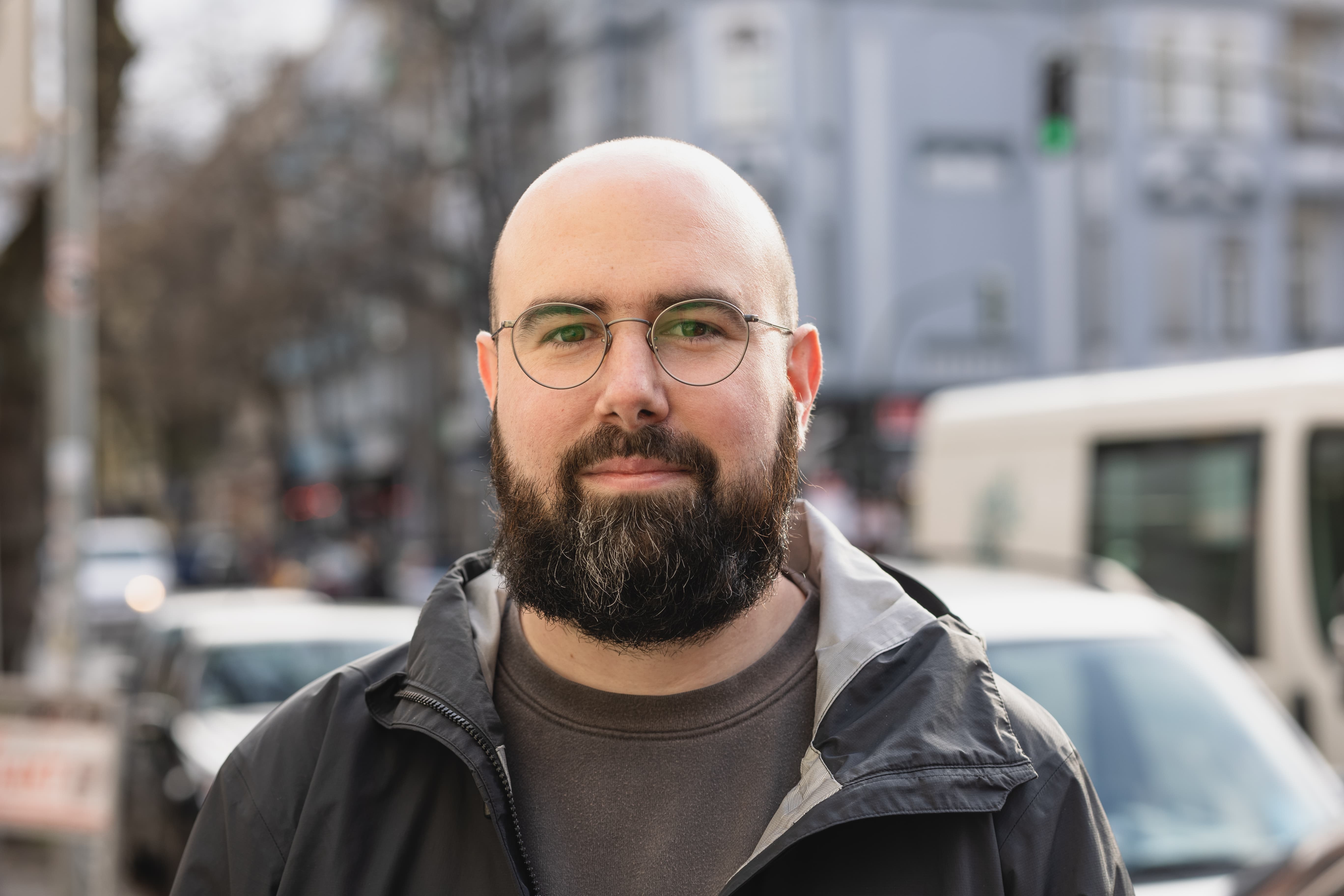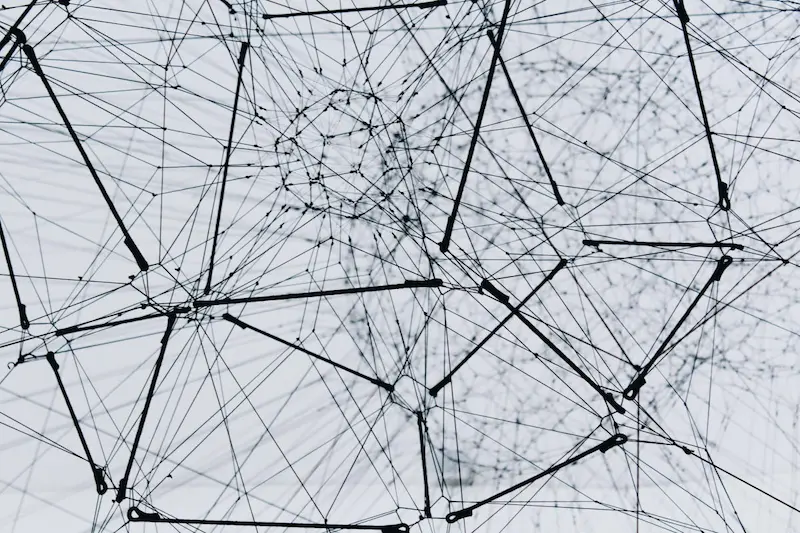
Candidates for the next board of stsing e.V. (2023-2025)
In the following, our nine candidates for the next stsing board are asked to present their interest in stsing briefly. The election period has started, and the formalities were discussed during the general assembly on the 5th of May 2023. Please check the duties of board members here.
As registered members of the association, you will receive a link to a safe and anonymous online election. According to the association's statutes, the board consists of 7 members, of which 3 should be in the pre-Doc phase of their career. From the elected group, the board chooses its chairs, a treasurer and a vice-treasurer.
The next board will be announced shortly after the election period ends. We warmly thank all candidates for their engagement and care for our community. In case of questions or comments regarding the election process, please contact Laura, Ingmar, and Julie forming this year's elections committee.
Anja Klein
I am a pre-doctoral research associate at HU Berlin (IfEE + IRI THESys + LAEHR). Since co-organizing the 2019 Kassel workshop, I enjoyed watching stsing take root in the German STS landscape. After a year of parental leave in 2020 I became a more active member of stsing again and joined the Marine STS and the Best Practices Working Groups. Joining the board I hope to learn more about strategically positioning stsing in the STS research and funding landscape, supporting the becoming of more Working Groups and working towards the formulation and (hopefully) implementation of a Code of Conduct.
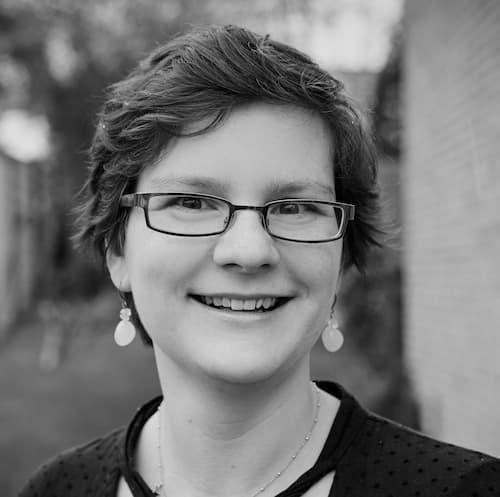
Ignacio Farías
stsing has embraced the challenge of navigating the delicate balance between institutionalization and extitutionalization, between growth and degrowth, between visibility and care. I wholeheartedly support this non-disciplinary approach to STS and would be honored to contribute to its maintenance. My experience as an elected member of the EASST Council and as the appointed editor of EASST Review could be valuable assets in this regard. However, what I'm most interested in is building strong alliances as an STS community. I would like to think with you about the ways we come together as a field, particularly in the context of the stsing conference and the STS-Hub. It’d be great to take on these challenges of reimagining conferences as fee-less, and rethinking current conference formats of paper presentations in parallel panels. We need new formats for coming together as a field and to foster spaces for multimodal or more-than-textual STS research and encounters.
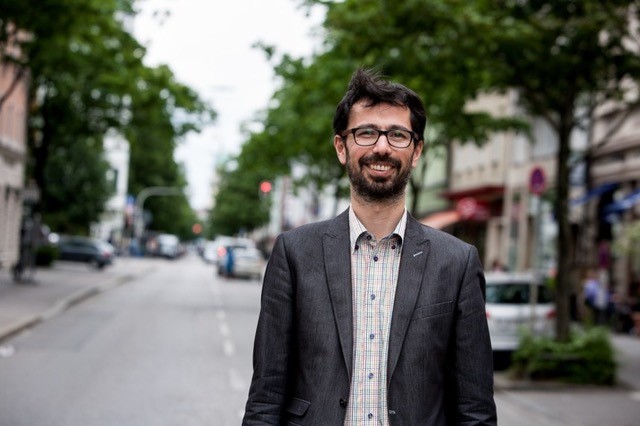
Jens Hälterlein
I would like to join the board because a commitment to this association is a matter close to my heart. With my trans-disciplinary thinking and specific research interests, I have found a new home in STS and, thus, want to contribute to the institutionalization and shaping of STS in and through Germany. I have been a member of the ‘inaugural conference working group’ since the Kassel 2019 meeting. Currently, I work as a Post-doc at the Department of Media Studies at Paderborn University where I am coordinating the interdisciplinary project “Meaningful Human Control – Autonomous Weapon Systems between Regulation and Reflection”.
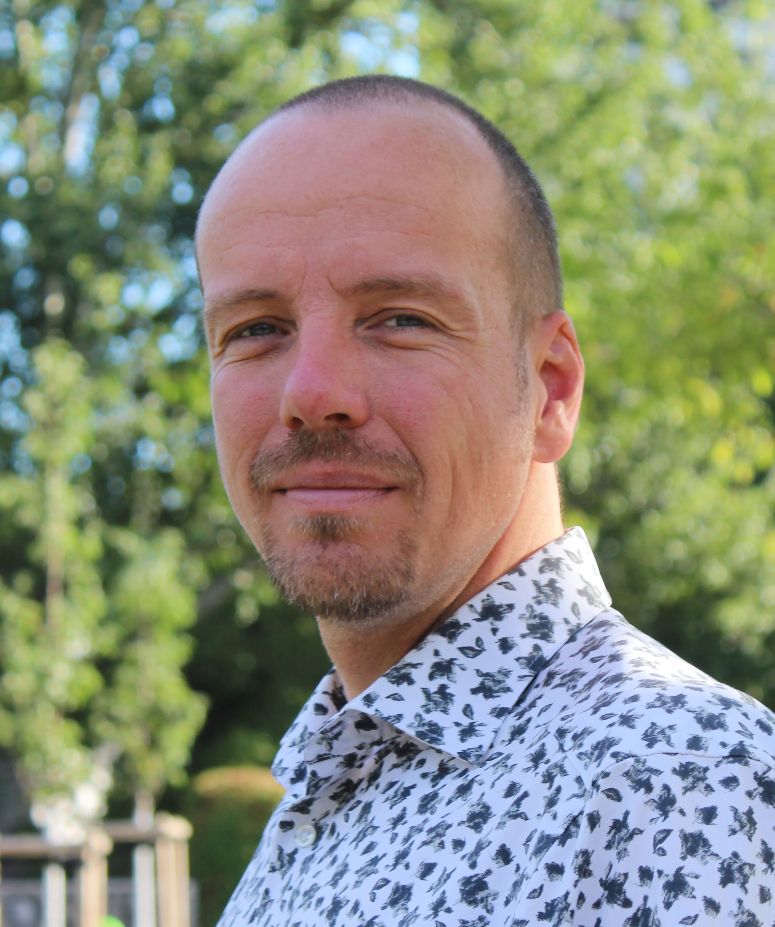
Jörg Niewöhner
I am an anthropologist of science and technology and will be based at TU Munich from October 2023 onwards. My research and teaching have been concerned with the ethnography of emerging life scientific knowledge and transformations in human-environment systems. I am a founding member of stsing e.V. and see my role primarily in contributing to intellectual spaces and formats that help early career scholars to produce their best work: by sharing empirical material and analysis; by decolonising research designs and critique; and by supporting digital exchange to generatively discuss and learn about exciting emerging books and papers.
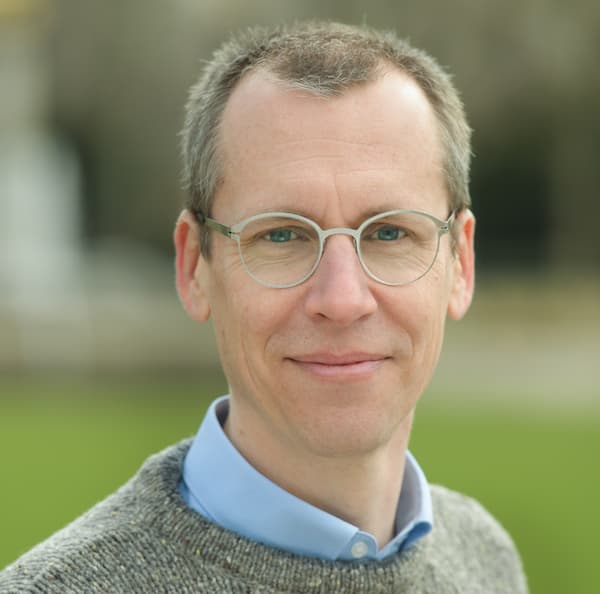
Lisa Wiedemann
My name is Lisa Wiedemann and I am a postdoctoral researcher at the Department of Microsociology at the Helmut Schmidt University in Hamburg. As STS-minded scholar working in an academic environment that has no emphasis on STS, I really appreciate that stsing e.V. offers a platform for collaboration, support and exchange. I would like to be part of the board because I learned from co-organizing the first sts-hub.de how much I enjoy co-creating spaces to meet. As a board member, I would advocate for careful academic relations and practices, especially for early career researchers who experience a lot of the unreliability and precarity of academic working conditions. I would be happy to collectively and actively take up the discussion from the last GA about finding new formats for support and conversation and enriching each other from the multiplicity of our STS approaches.
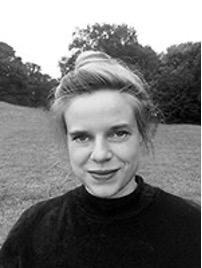
Markus Hoffmann
Hi everybody, my name is Markus Hoffmann and I am a PhD candidate at the TU Berlin in sociology of science. I am a fairly new member of stsing and while I was thinking of joining up for a while, I finally got incentivized by the excellent STS-Hub in Aachen. As far as I can see this is and will be a community worth working for and I would be glad to make my contribution as a part of the next stsing board.
Having a dedicated STS association in Germany is a necessary and good thing and I am glad that I can be part of it, although the hard work of setting it up has been done by others. I am looking forward to learning a lot from the more experienced members and to getting to know most of you in the future.
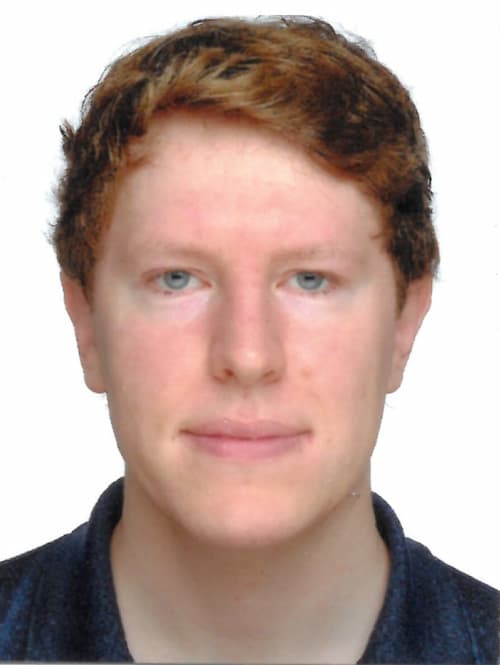
Matthias Kloft
Greetings fellow stsing members, my name is Matthias Kloft and I am currently in the pre-doctoral stage of my academic career. To be more precise, I currently am a PhD candidate at the research training school “Fixing Futures” at Goethe University Frankfurt.
I am interested in the development and governance of AI within the financial sector. My project explores, from an anthropological perspective, how AI is enacted through various forms of expert knowledge, techniques, and practices of anticipation. I run for the stsing board as an early career researcher and hope to work towards expanding an inclusive STS community in Germany.
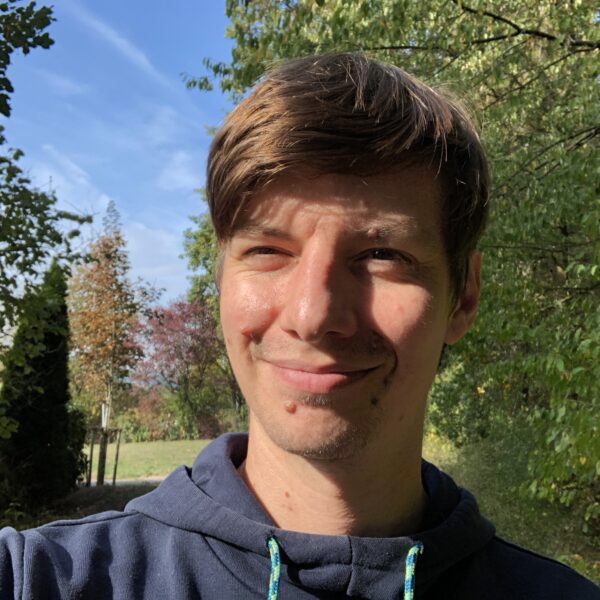
Michaela Buesse
As part of the organisational team for the inaugural conference “Leakage” I’m interested in leveraging crossings between environmental humanities and STS. I’m particularly keen on exploring and creating formats that cross artistic and academic research to advance post-disciplinary practices within and beyond Germany. In my own work, I’m focussing on sociomaterial transformations in the context of speculative urbanism, climate change mitigation, and energy transition and have produced a set of short experimental documentary films that enquire the relationship between anticipatory politics and resourcification.
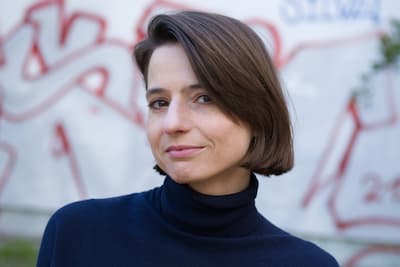
Patrick Bieler
I am currently founding a novel stsing working group (together with Ruzana Liburkina and others): a reading group driven by ‘Early Career Researchers’ in which we jointly read monographs that have just been (or soon will be) published and discuss them with the authors. This endeavour serves three purposes that I would like to expand on with the stsing board: to create novel writing and support collectives by connecting ECRs; to increase mutual learning experiences by exchanging with scholars beyond their respective locations and to map the importance of STS contributions by identifying (national and international) up to date debates.
